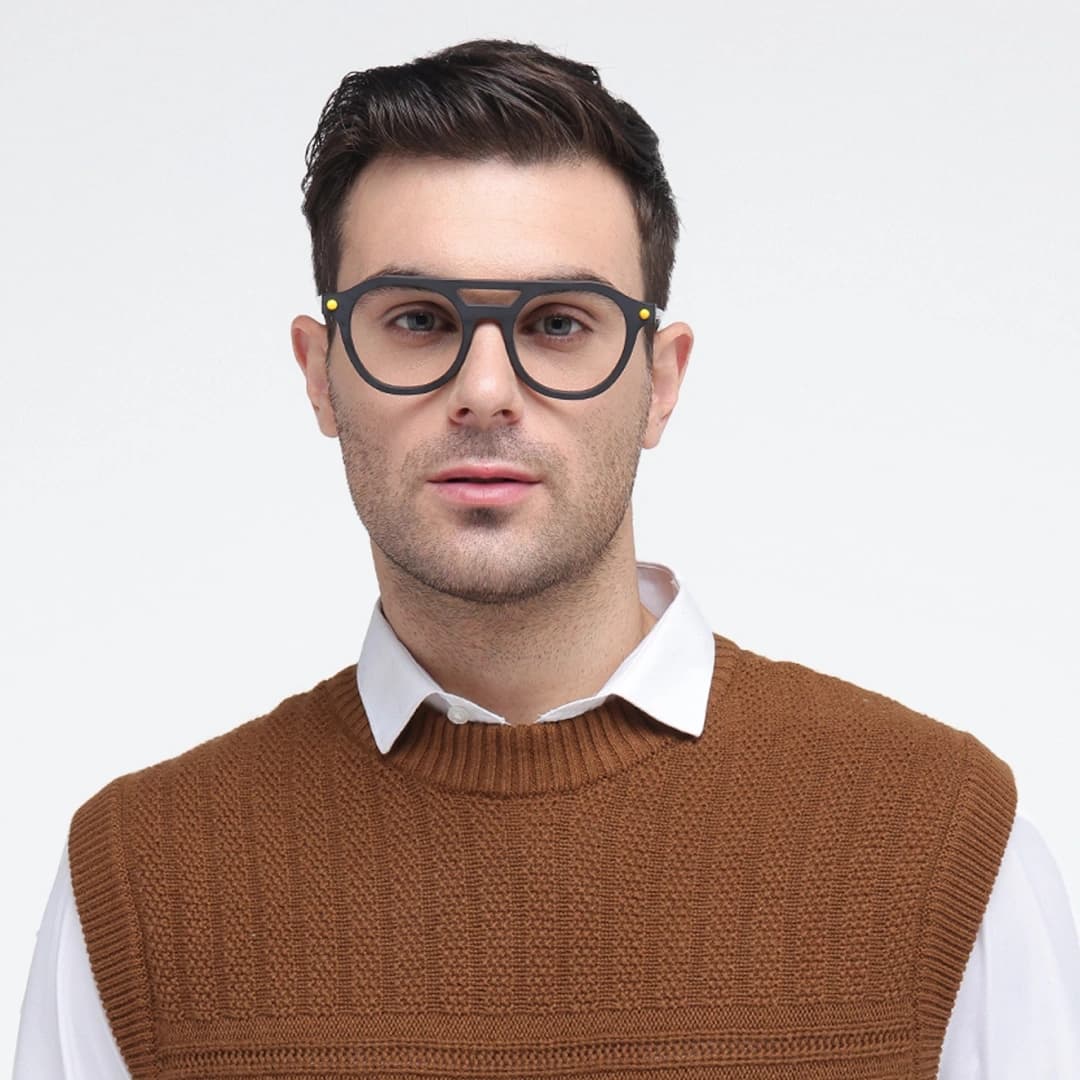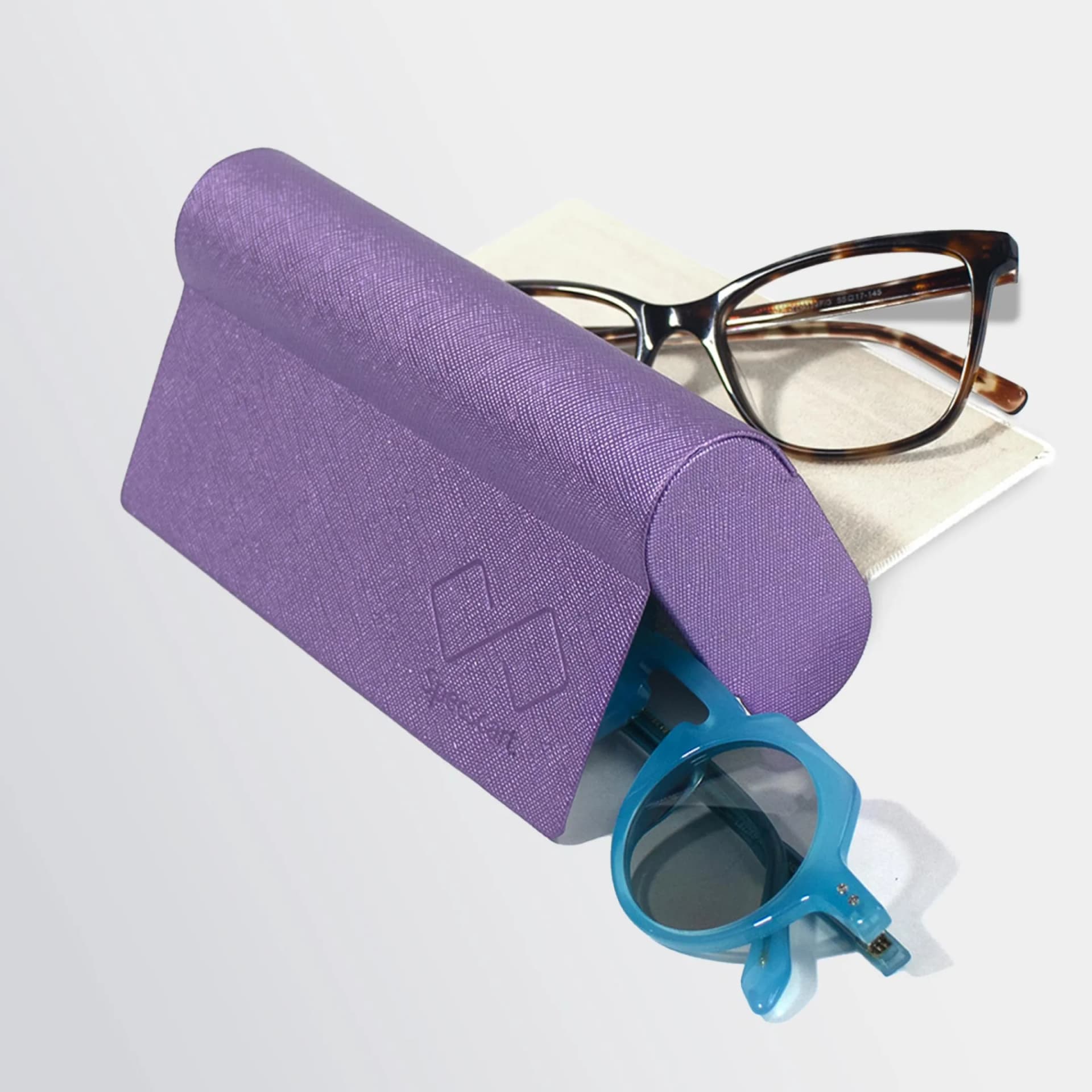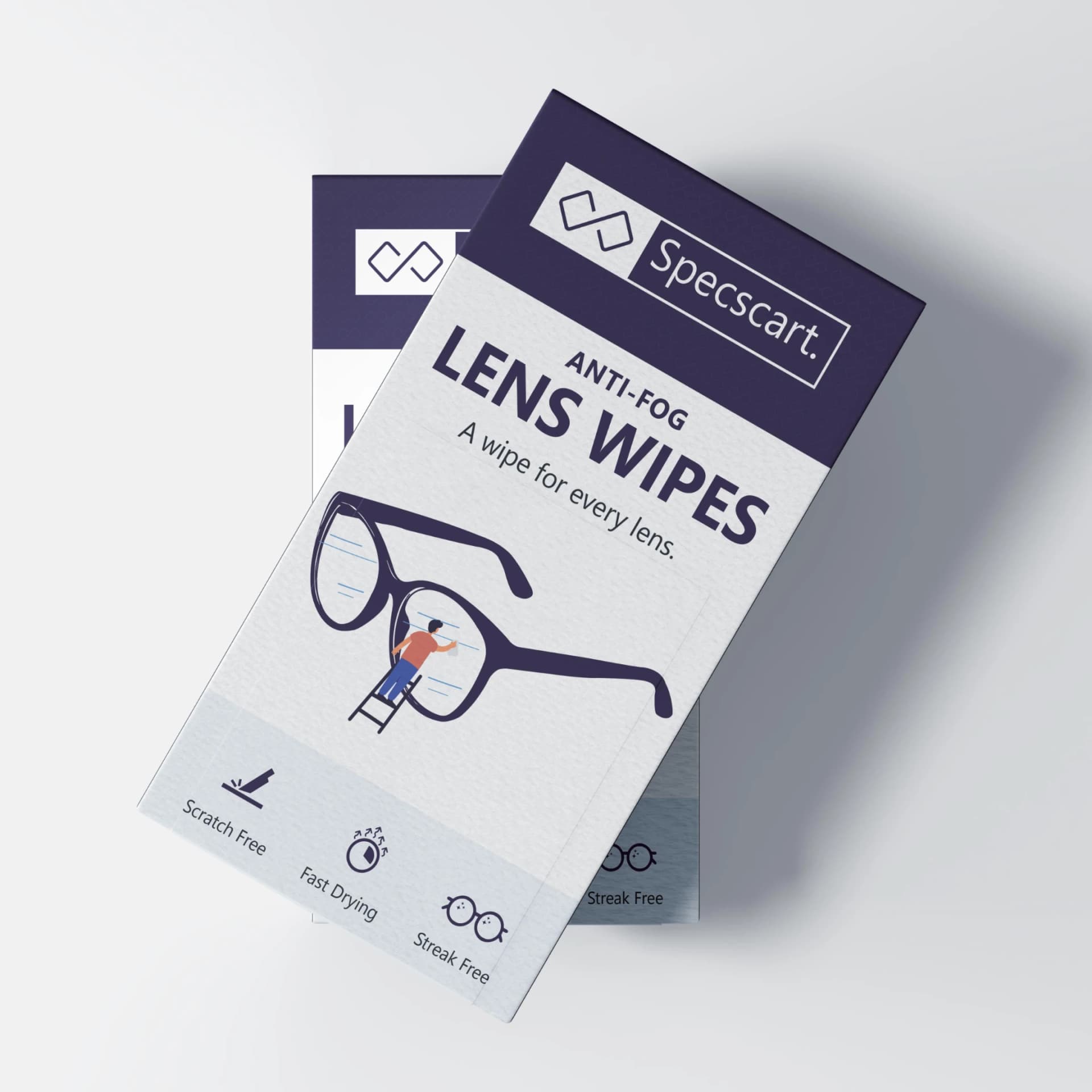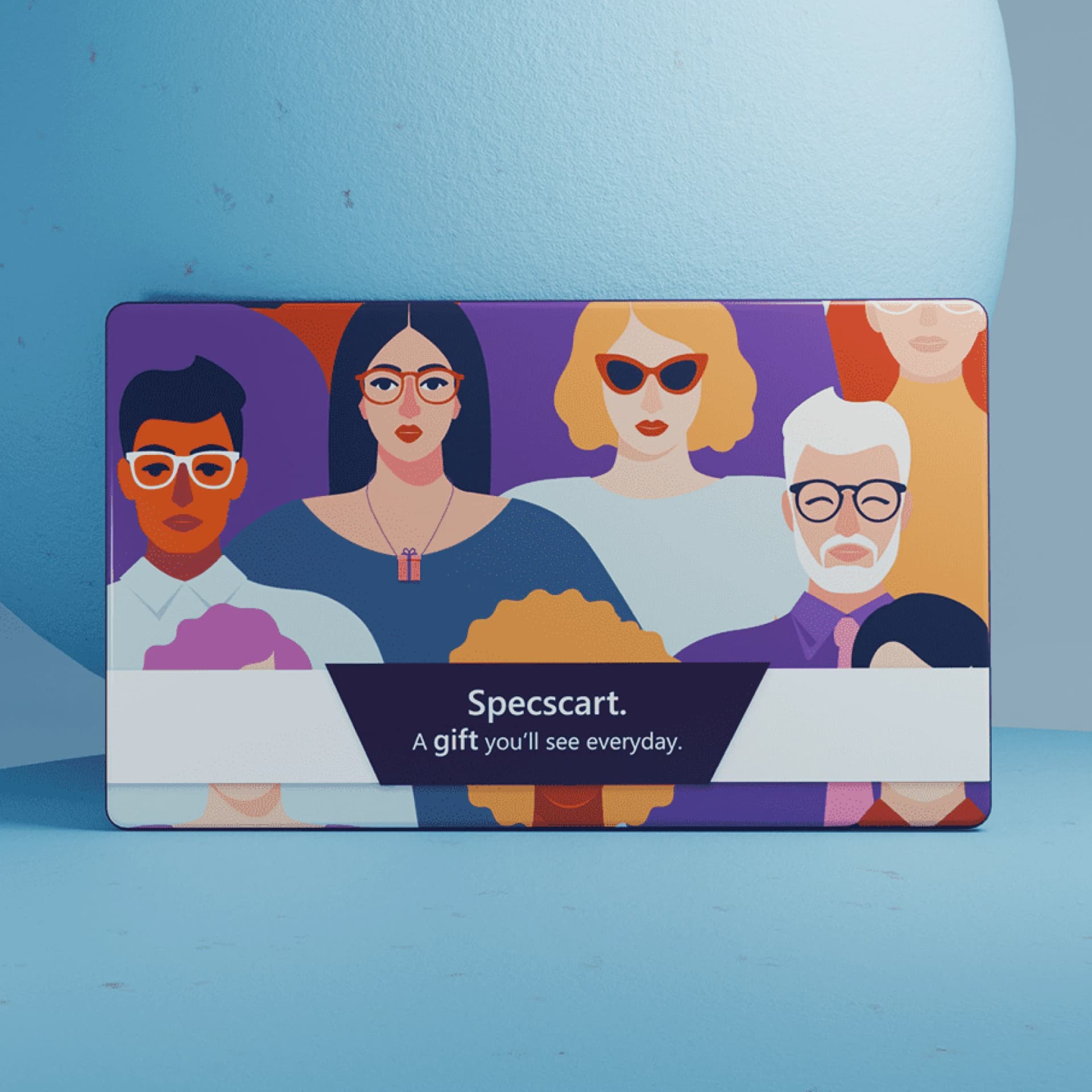When it comes to taking care of your eyes, the most common question that I get is, “How often should I get my eyes tested?” Well, even if you don’t face any vision problems, you should get one every 2 years. Sometimes changes to vision are subtle, and the test can help detect those. Apart from vision change, it can also detect conditions like macular degeneration, cataract and glaucoma in their early stages.
Even diabetes and high blood pressure can be detected through an eye test. Also, there might be changes to the blood vessels at the back of the eyes, which can be spotted by the optometrist. People above 70 and children below 16 years of age should get their eyes tested every year. If you have a history of eye problems, your optometrist might recommend more frequent eye tests. In this blog, let’s understand how frequently you should get an eye test in detail.
Who Gets Free Eye Tests?
You can get free eye exams with NHS-funded eye tests or optical vouchers. You’ll be able to get a free NHS eye test once every two years, or more if your optometrist recommends it. It can be due to conditions like these -
If you have diabetes
If you’re a child with a prescription
If you’re aged 70 or over
If you’re aged 40 or over and have a history of glaucoma
Apart from these, if your eye doctor doesn’t see the clinical need for a more frequent eye test, you’ll have to get a private one. But don’t worry, you can still avail of a free eye test at Specscart. Simply book an online appointment for an eye test and walk into our stores across Manchester at the scheduled time.
Eye Test for Kids
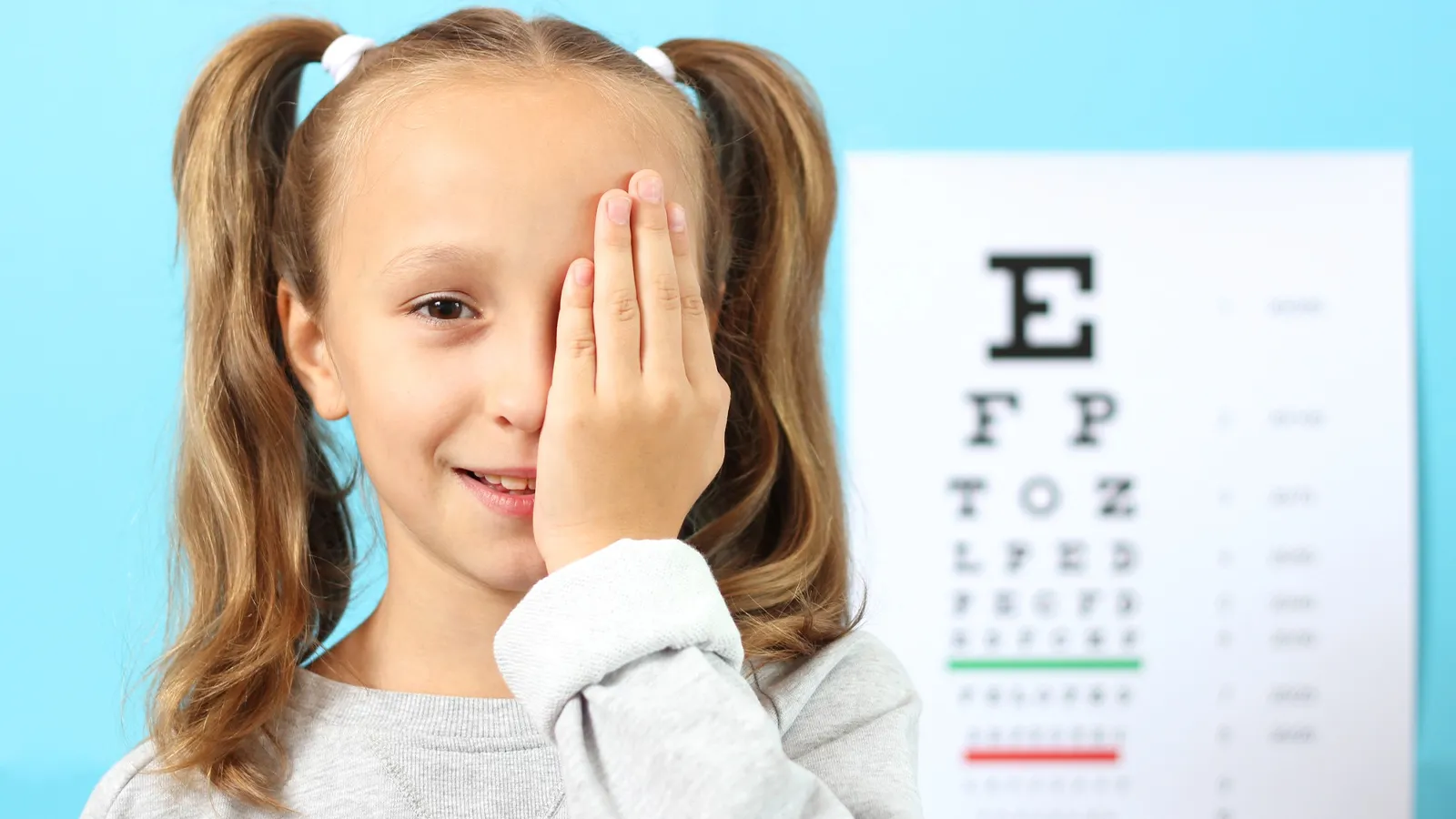
It is recommended that you start getting your kids’ eyes tested before they are about to start school. The first eye test should be done within 6 months of birth, then at 3 years of age. It will help detect problems early and avoid issues in learning and development at the school.
There are children's specific charts that have shapes and pictures that small children can easily recognise. And as mentioned earlier, you should take them for eye exams at least once every year. It can help detect conditions like lazy eyes and squinting eyes. Here is a chart for more comprehensive details about age and the frequency of eye exams for kids.
| Age (Years) | Asymptomatic | At Risk |
| Birth to 2 | At 6 to 12 months of age | At 6 to 12 months of age or as recommended |
| 3 to 5 | At least once between 3 and 5 years of age | At least once between 3 and 5 years of age or as recommended |
| 6 to 17 | Before first grade and annually thereafter | Before first grade and annually, or as recommended thereafter |
Kids, infants or toddlers at risk include:
Prematurity, low birth weight, and prolonged supplemental oxygen at birth.
Infection of the mother during pregnancy (e.g., rubella, toxoplasmosis, venereal disease, herpes, cytomegalovirus, or HIV).
Maternal smoking, use of alcohol or illicit drug use during pregnancy.
Difficult or assisted labour, which may be associated with fetal distress.
Family history of myopia, amblyopia, strabismus, retinoblastoma, congenital cataracts, metabolic or genetic disease.
Known or suspected neurodevelopmental disorders.
Cortical visual impairment.
High or progressive refractive error.
Strabismus
Anisometropia.
Eye surgery or previous eye injury.
Functional vision in only one eye.
Academic performance problems.
Eye Test for Adults
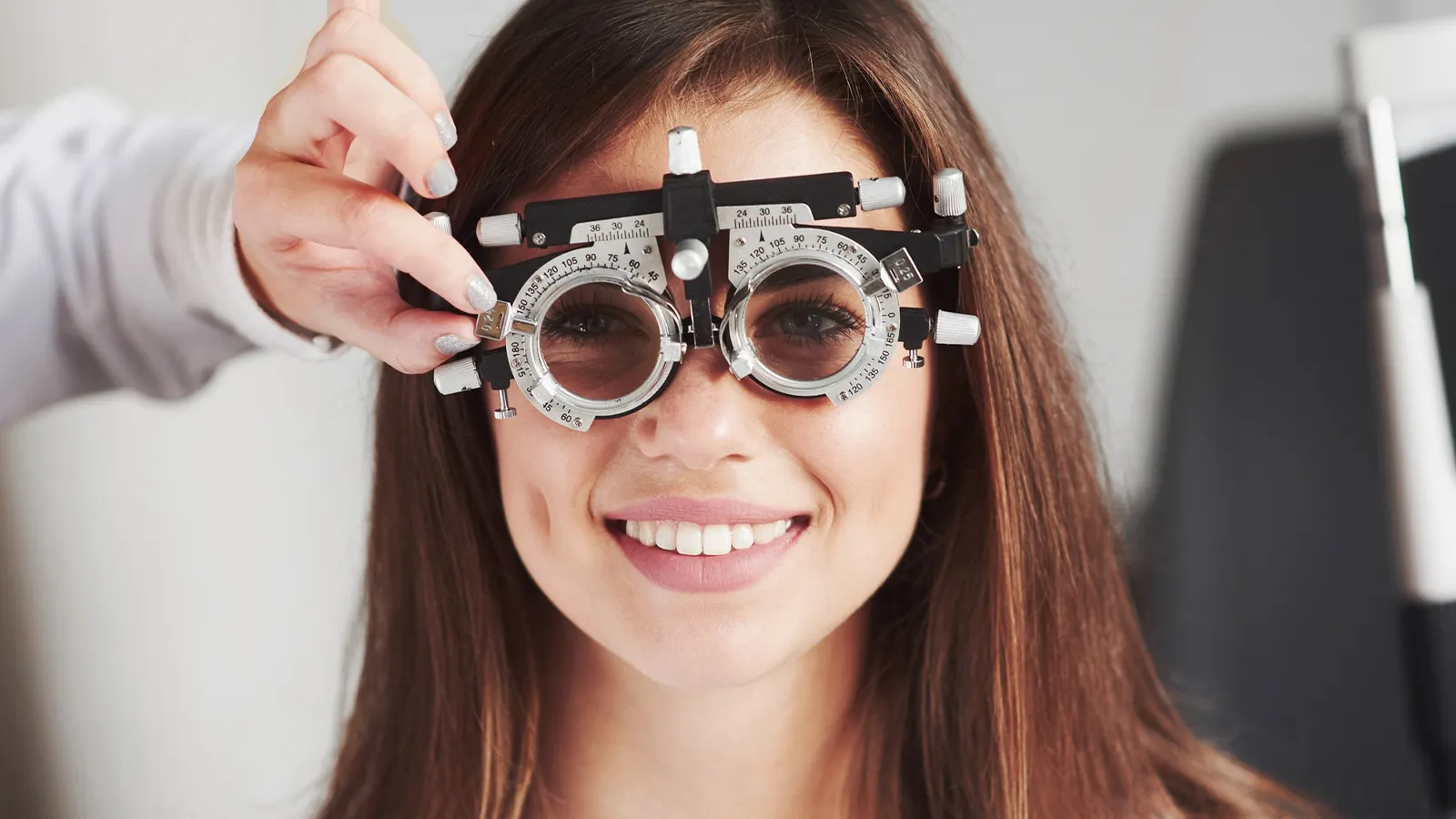
Here is a chart about how frequently adults falling under different age groups should get their eyes tested.
| Age (Years) | Asymptomatic | At Risk |
|---|---|---|
| 18 to 39 | At least every two years | At least annually, or as recommended |
| 40 to 64 | At least every two years | At least annually, or as recommended |
| 65 or older | Annualy | At least annually, or as recommended |
Patients who are at risk fall under below mentioned criteria:
A personal or family history of ocular disease.
Eye surgery or previous eye injury.
High or progressive refractive error.
Functional vision in only one eye.
Other eye-related health concerns or conditions.
Systemic health conditions with potential ocular manifestations.
Taking prescription or nonprescription drugs with ocular side effects.
Wearing contact lenses.
Occupations that are highly demanding visually or have a high potential of being hazardous to the eyes.
Belonging to certain racial and ethnic groups.
How Long Does an Eye Test Take?
The duration of an eye test depends on the complexity and your age, but most eye exams take around 20 to 30 minutes. The optometrist will begin by asking if it is a routine test or if there are any specific concerns. You should also take your last prescription with you or your glasses.
Here’s what you can expect during the whole process
Eyesight test - This is the most common and basic step - your optometrist will check your distance, intermediate and near vision through a Snellen Chart (where the letters become smaller line by line). They will place a series of lenses in front of your eyes to ascertain which ones are perfect.
Pupils - It will involve a penlight or any other source to determine how your pupils contract when exposed to it.
Eye muscles - The ophthalmic practitioner will ask you to look in different directions or at a source of light to test your eye muscles. They also might blow a puff of air onto your eyes to check the pressure inside.
Slit-lamp test - It is a magnifying device which examines external parts like eyelids, cornea and iris.
Internal test - Using a special light source like an ophthalmoscope or a highly magnified lens, eye parts like the retina and optic nerve will be examined. Your pupils may have to be dilated for this.
Visual field - This test is done to ascertain your blind spots. You may not notice these in the early stages without the help of an eye test. The optometrist will ask you to focus on a particular spot at the centre of a machine and respond to surrounding lights in the periphery of your vision.
Colour blindness - The eye exam may also involve a colour blindness test. The expert will use cards which have a variety of coloured dots in patterns that form different shapes and numbers.
After the Eye Test
Once the exam is over, the optometrist will discuss your eye health with you. This will include things like if you need vision correction or - if you already wear glasses - a change in prescription. You can also discuss any questions that you may have related to your vision. If you want to get your eyes checked, you can book online and get your eyes tested with us.
Caution: You may become style obsessed
Your way finder
2000+ Trendy Styles

Fashion Forward Sunnies






















